08/16/2023 06:04
In recent times, the core collective economic sector (KTTT) is cooperatives and cooperative groups in Ngoc Hoi district, which have developed to a certain extent. However, in general, KTTT in Ngoc Hoi district still faces difficulties that need attention and solutions to "resolve" - especially regarding investment capital for production and business, in order to develop KTTT more strongly in the coming time.
Quyet Thang Cooperative (Dak Tang village, Dak Xu commune) was established in 2007; producing and trading in the fields of incense, bamboo toothpicks and edible mushrooms. The products of the Cooperative do not use toxic chemicals; raw materials and flavors are produced from nature, ensuring the health of consumers.
Mr. Vu Van Bien - Director of Quyet Thang Cooperative said: Bamboo toothpicks and incense products are produced on average about 5 tons per year, with a revenue of over 200 million VND/year. The mushroom production workshop is 400m2 wide; produces oyster mushrooms and lingzhi mushrooms; on average, produces about 1 ton of products per year, with a revenue of about 50 million VND/year. Quyet Thang Cooperative creates regular jobs for 15 local workers with an average income of 200,000 VND/person/day.
|
“Customer demand is very high, the products produced are not enough to sell, but the cooperative does not have capital to invest in expanding production. If the factory assets are mortgaged, the cooperative can still borrow capital, but the commercial bank interest rates are quite high, so the cooperative “cannot bear it”. If the State has a preferential interest rate policy, the cooperative will dare to borrow capital to invest in production, ensuring effective business, contributing to creating more jobs for local workers,” Mr. Bien confided.
Like Quyet Thang Cooperative, the Ba Bien Region Cooperative (Ngoc Tien village, Dak Xu commune) also needs a large loan to invest in development, improve product quality, build and register tree planting area codes, and build OCOP products.
The Ba Bien Region Cooperative Group was established on September 18, 2021, with 16 members, linking households growing long-term industrial crops and fruit trees in the village with a total cultivated area of 80 hectares, including coffee, rubber, various fruit trees and aquaculture ponds.
One of the most effective households in this Cooperative is Mr. Tran Van Tho's family. Mr. Tho's family has 2.5 hectares of durian trees, 1.5 hectares of rubber trees, 1 hectare of coffee trees intercropped with other fruit trees such as rambutan, avocado, banana. In addition, the family also trades in agricultural supplies and fruits. Durian trees alone bring in over 1 billion VND in revenue each year; combined with other income, his family's annual income is over 3 billion VND.
|
Tho's family is one of the few members of the Ba Bien Cooperative Group with economic potential and accumulated capital to reinvest in expanding production. Meanwhile, many other members are "thirsty for capital" to invest in production. As in the case of Tong Van Chin, to invest in planting 1.4 hectares of passion fruit, he had to borrow money from brothers, friends, and relatives to buy seeds, prepare the land, build trellises, fertilizer, and care. Because his family is not a priority household for policy credit loans, he had to borrow capital from commercial banks with high interest rates, so he needed to calculate to borrow capital for investment.
“I just hope that in the coming time, the State will prioritize capital with reasonable interest rates, lower than commercial banks' interest rates, so that cooperatives and groups can borrow capital to invest in expanding production and business effectively, contributing to increasing income for members and households,” Mr. Chin shared.
Mr. Nguyen Chi Tuong - Chairman of Ngoc Hoi District People's Committee said that Ngoc Hoi District has 36 cooperatives and cooperative groups operating with nearly 1,000 members, of which about 50% are ethnic minorities. Currently, the policies to support collective economy still have some shortcomings, are not close to reality, and have not created a "push" for cooperatives and cooperative groups to invest in development, expand production and do business effectively.
In addition, the access of cooperatives and cooperative groups in Ngoc Hoi district to support policies of the State is still facing certain difficulties. For example, regarding land, currently only Quyet Thang Cooperative is assigned and leased land to build headquarters and production facilities with an area of 3,910m2 in the Industrial and Handicraft Cluster of Dak Xu commune. Or regarding the policy of investing in infrastructure development, up to now the district has only supported 250 million VND from the capital of the National Target Program on New Rural Construction for Duc Nong Cooperative to build its headquarters and display and trade OCOP products produced by the Cooperative.
Regarding capital, currently, access to loans from commercial banks for cooperatives and cooperative groups is still difficult. Furthermore, some households and members of cooperatives and cooperative groups have not yet obtained land use right certificates, so they cannot mortgage them to banks to borrow capital to develop production and business.
It seems that the problem of "thirst for capital" for the market economy needs a "solution" from the Central Government to create a new impetus for the market economy to develop strongly in the coming time.
Quang Dinh
Source link

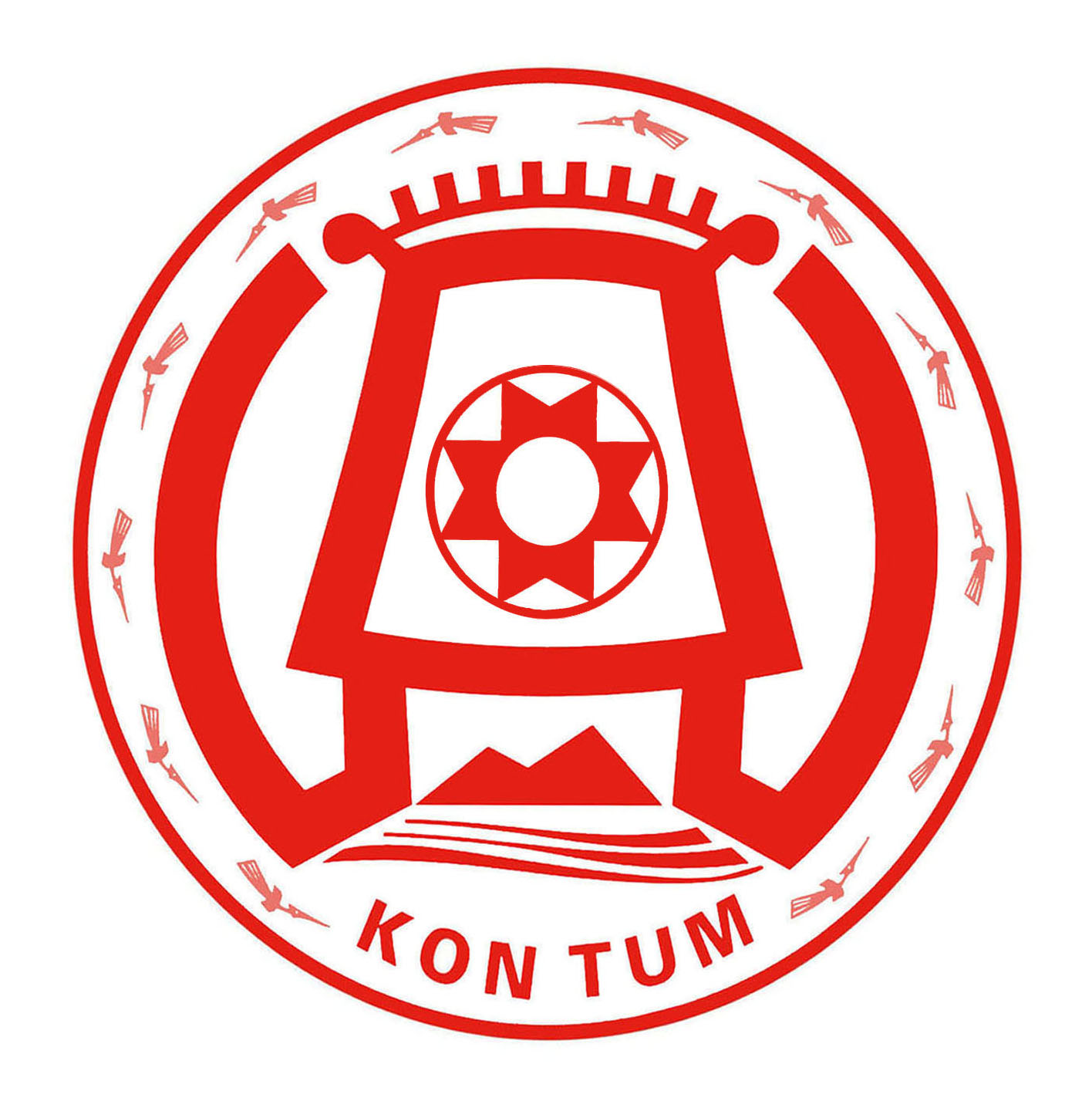
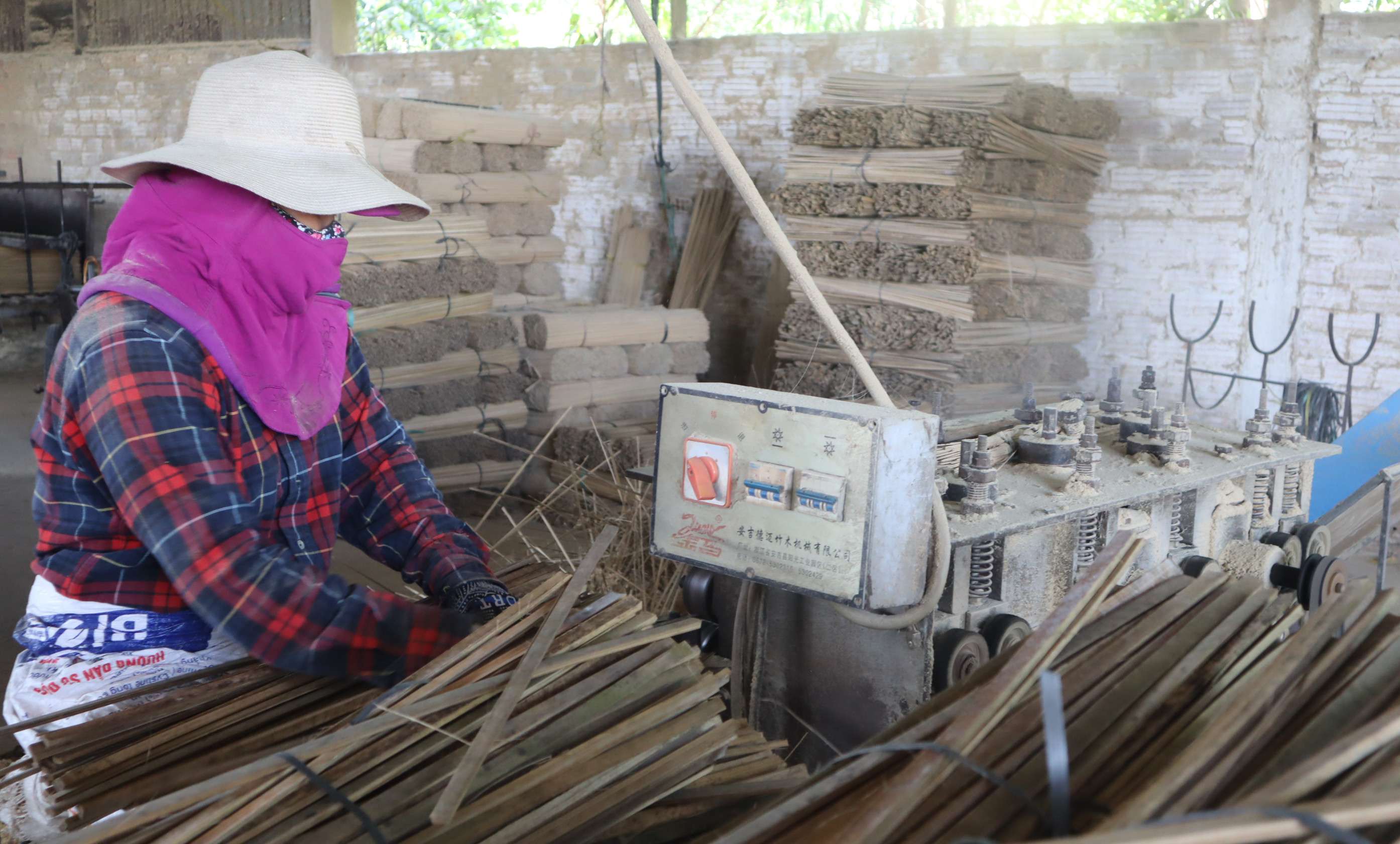
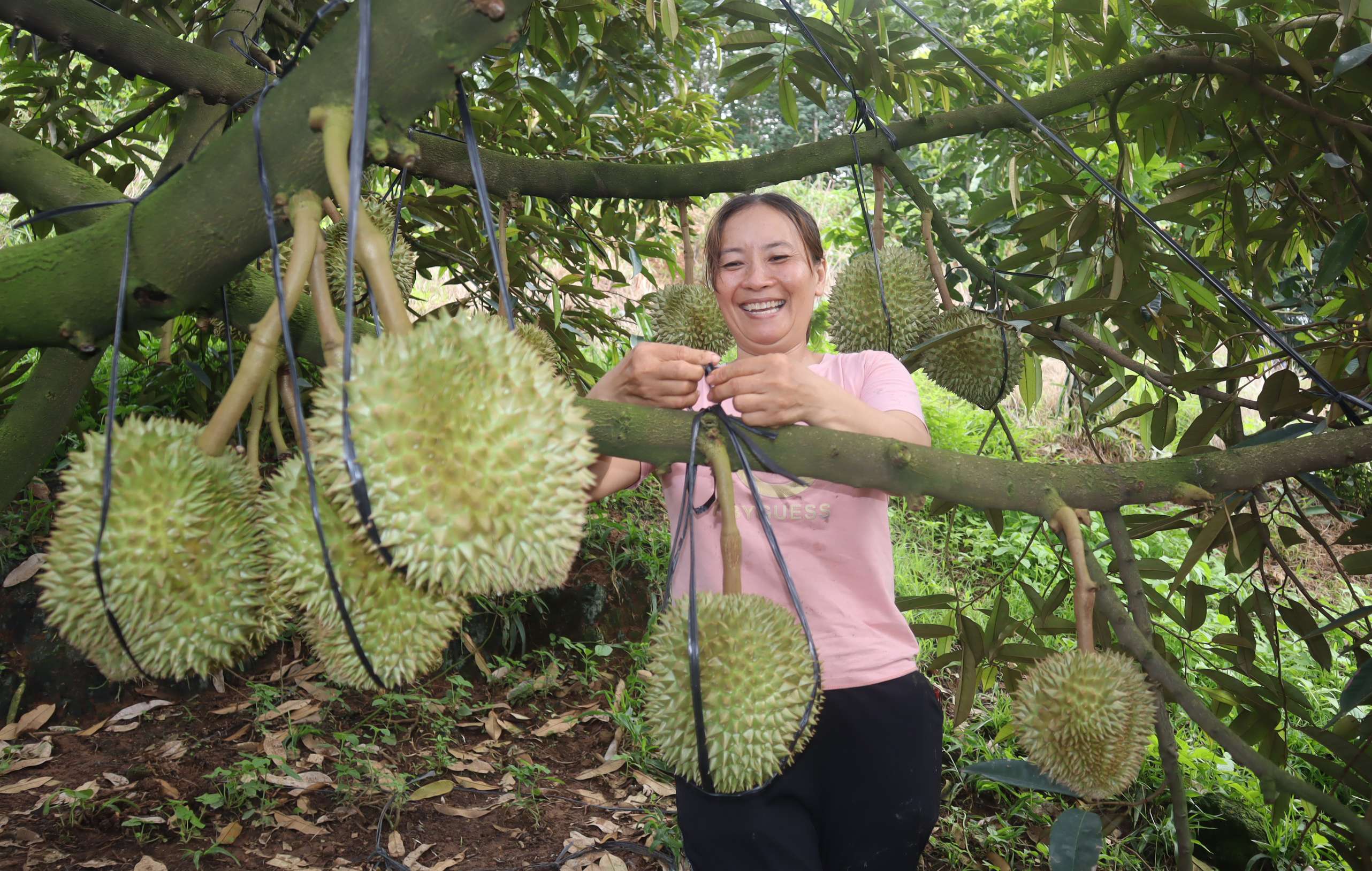








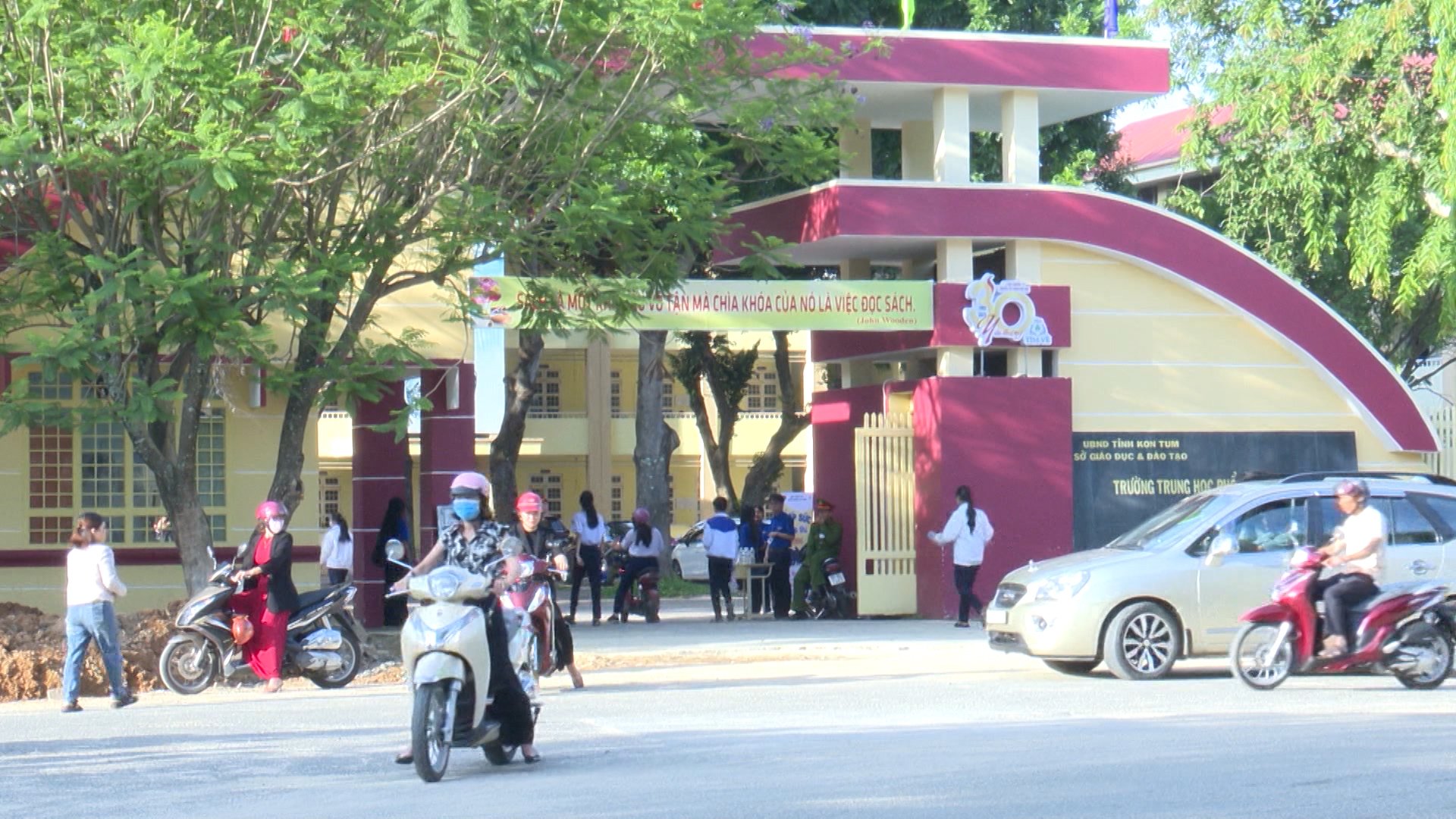
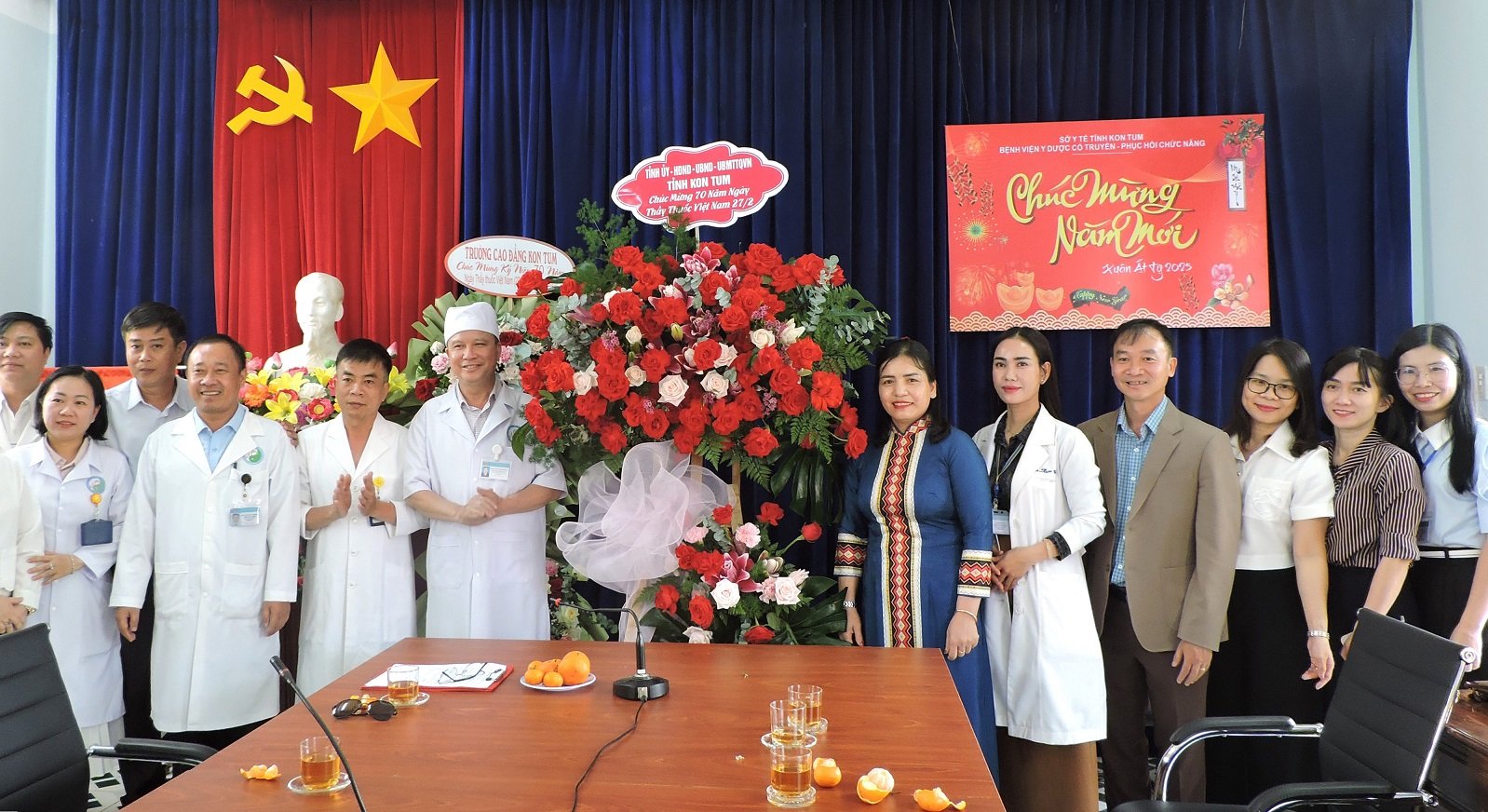
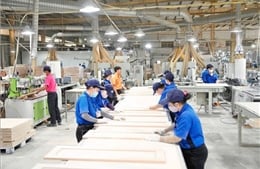
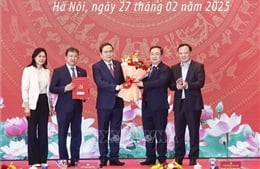


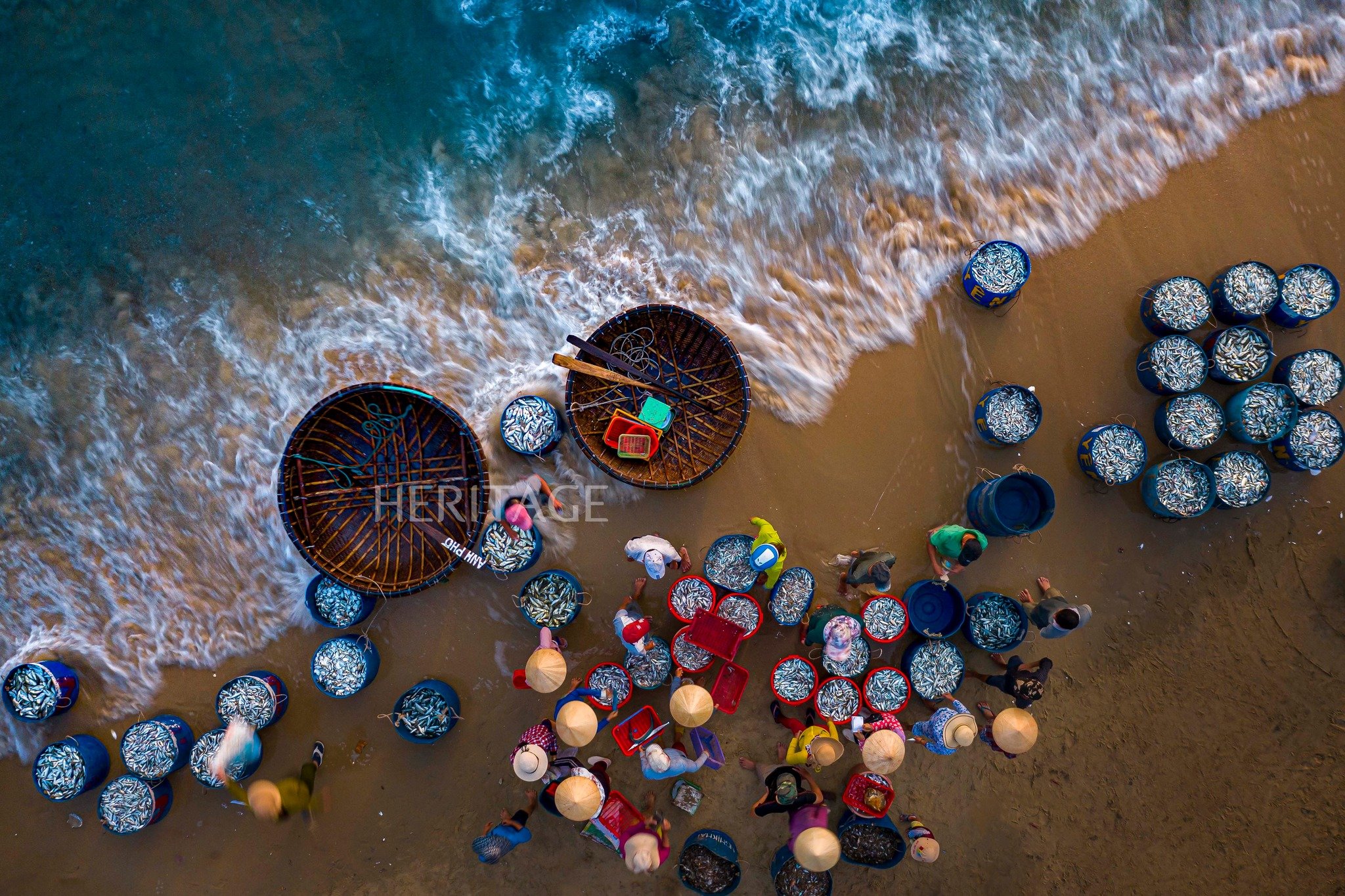
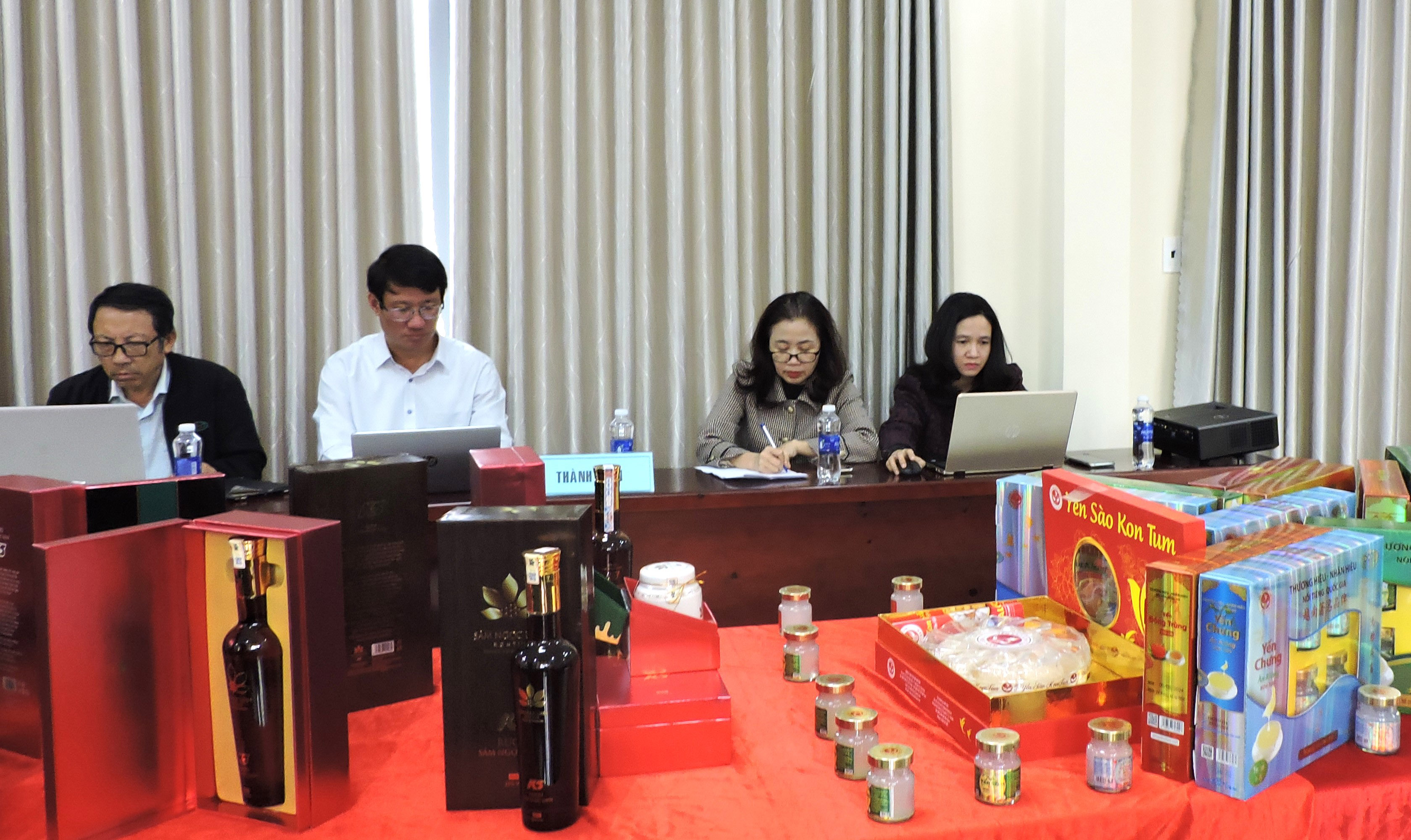
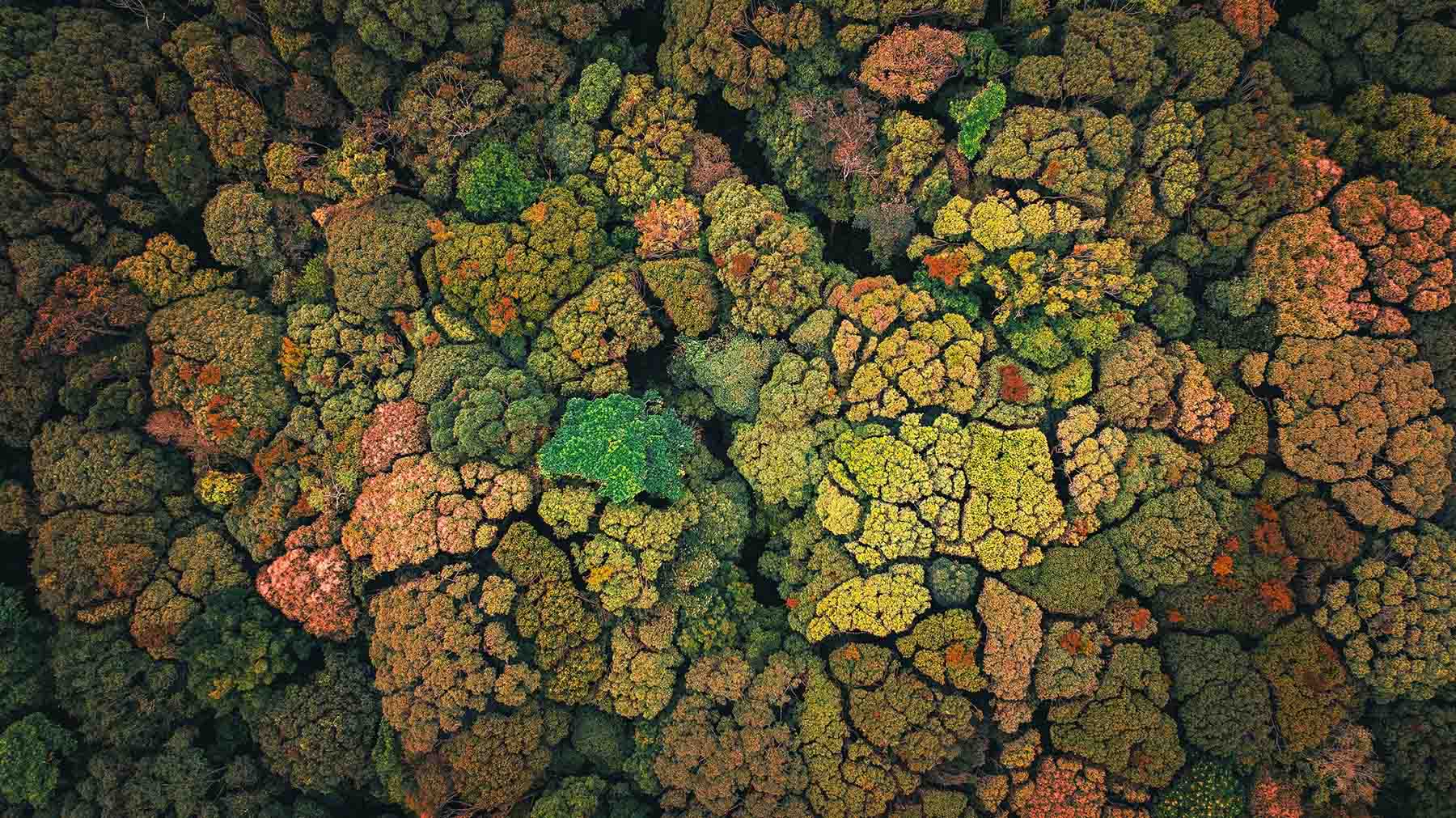



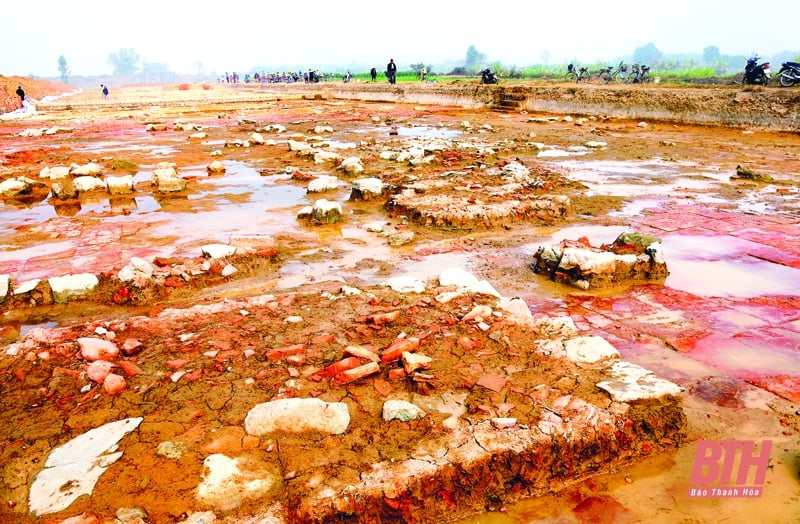



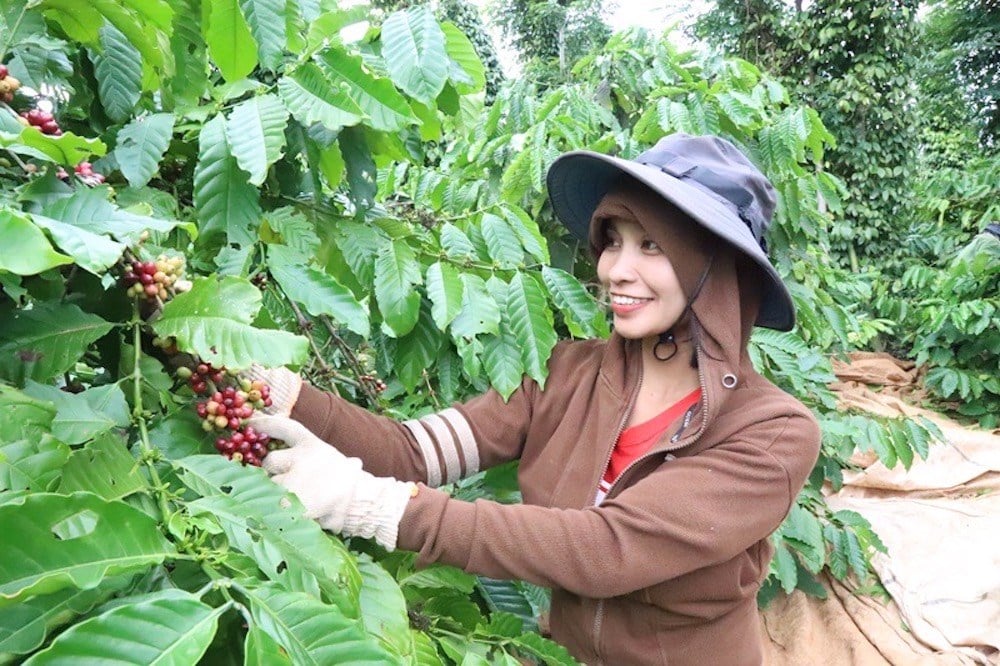


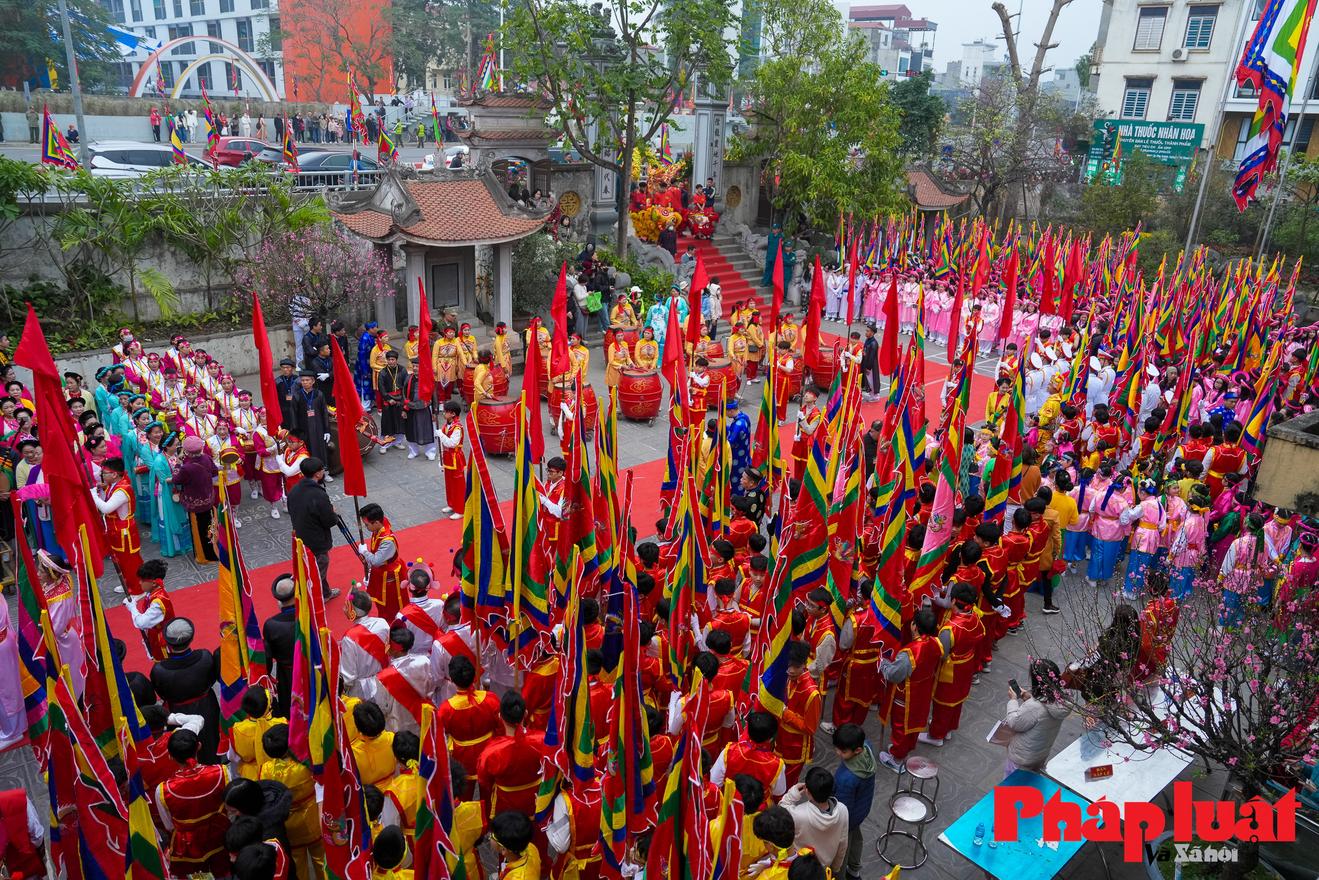



















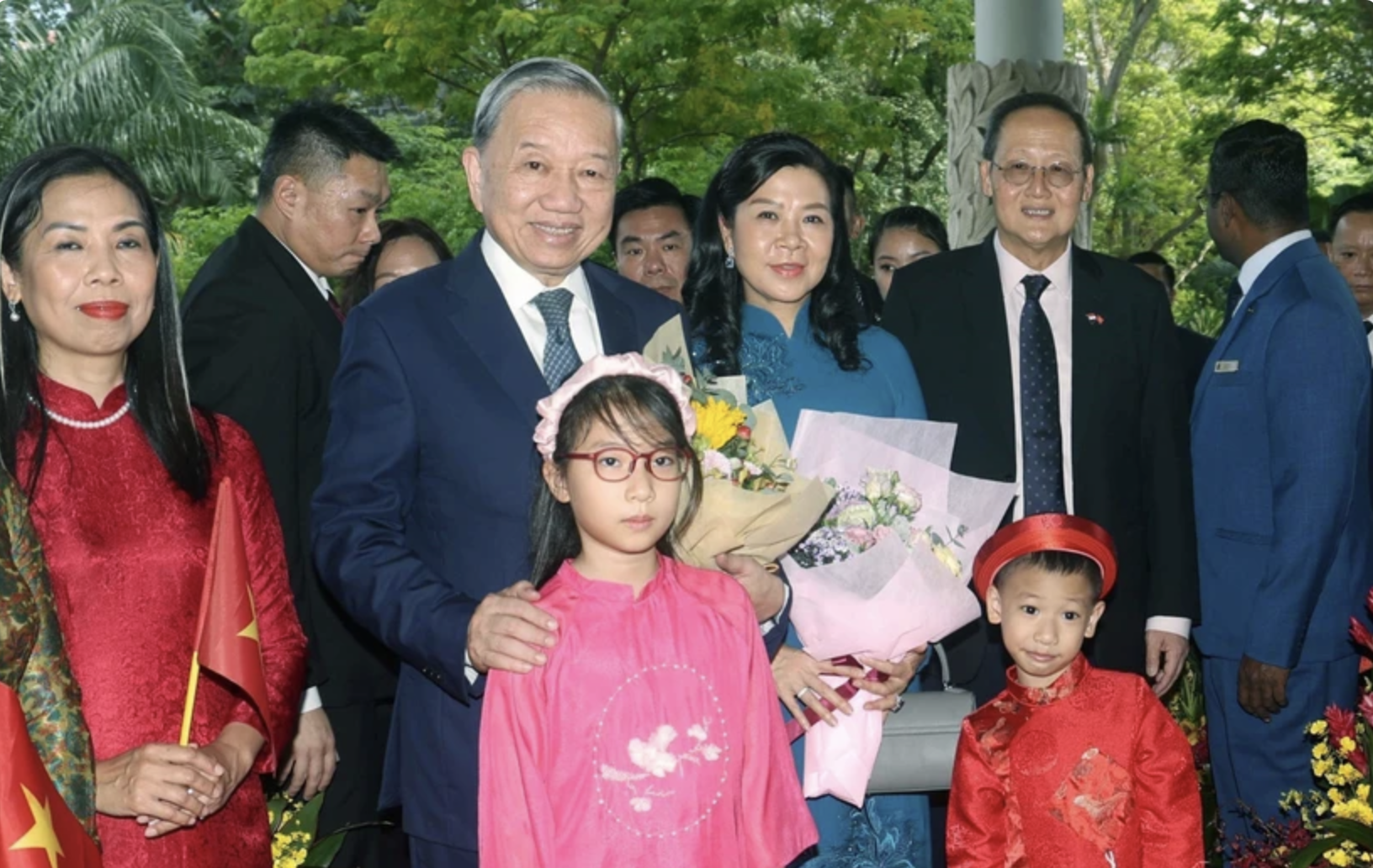




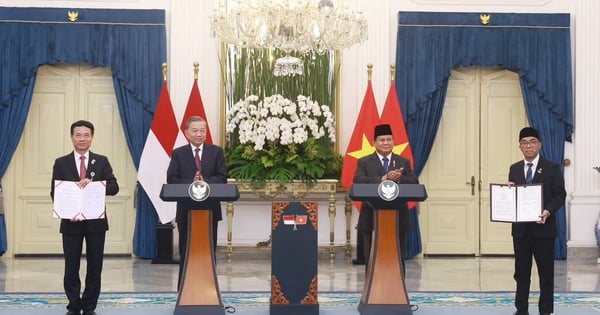

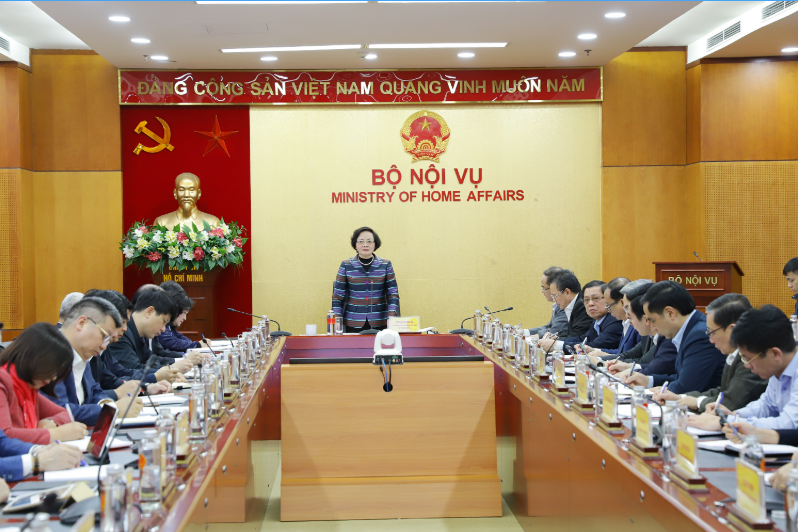


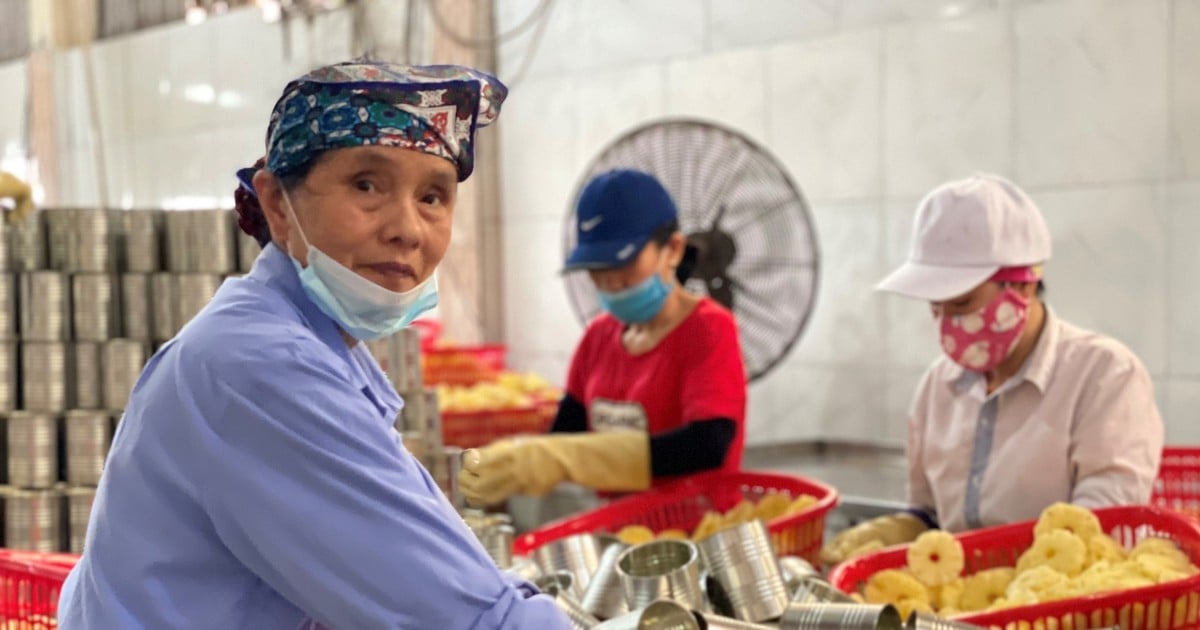







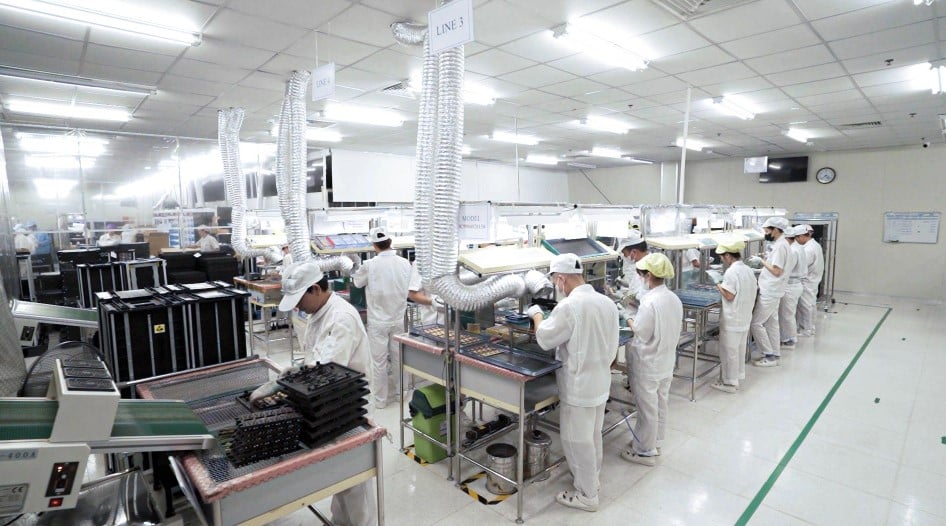

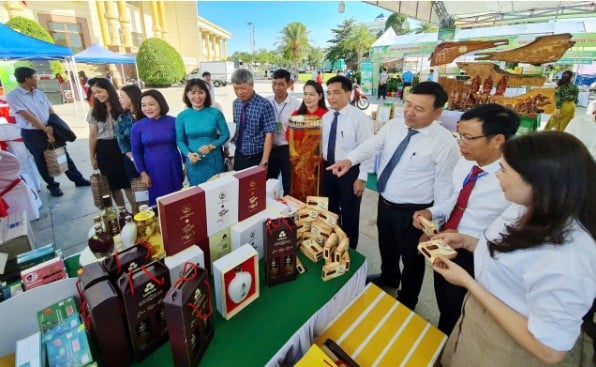

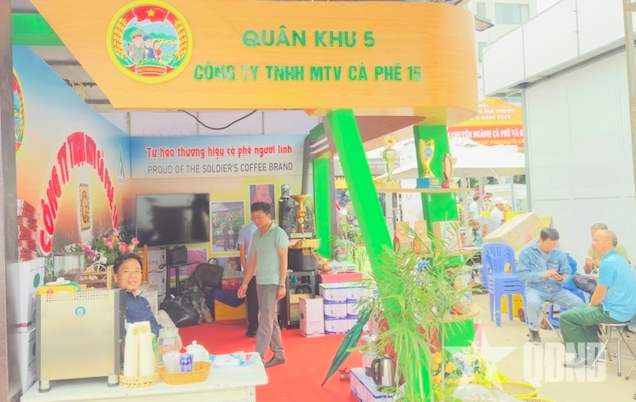


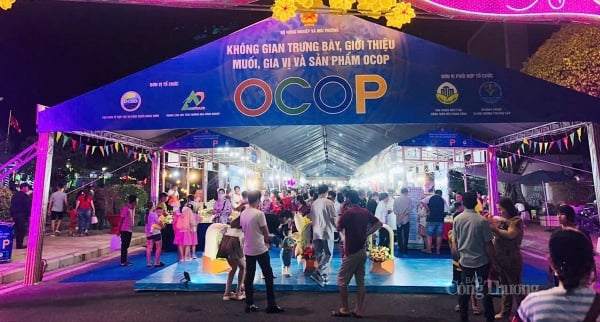

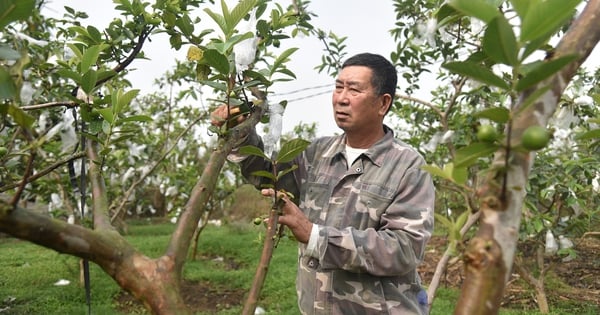

Comment (0)